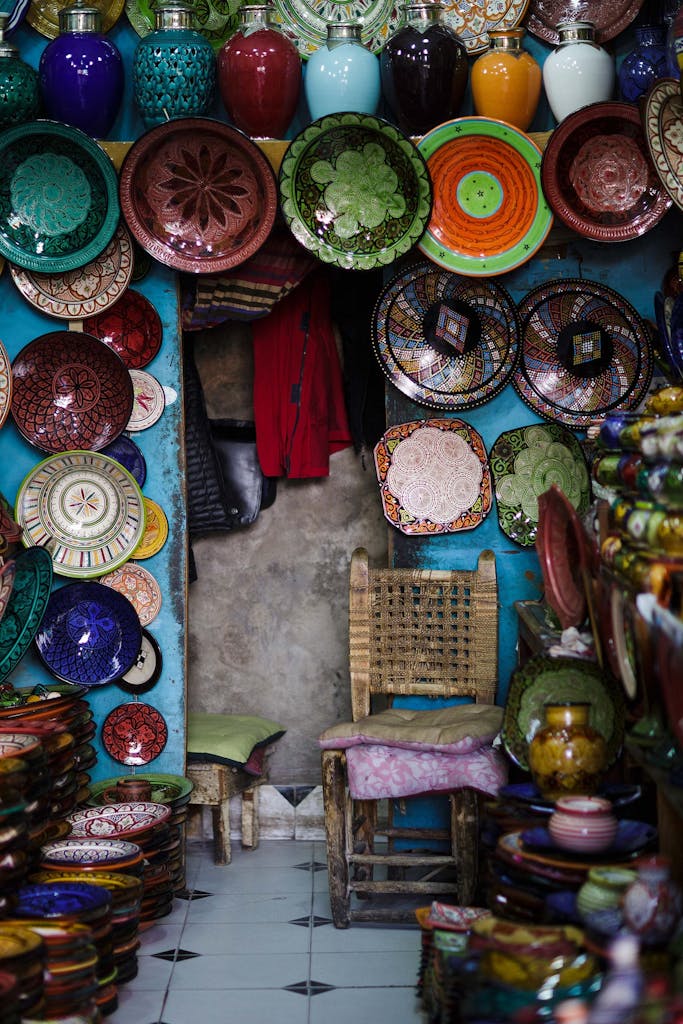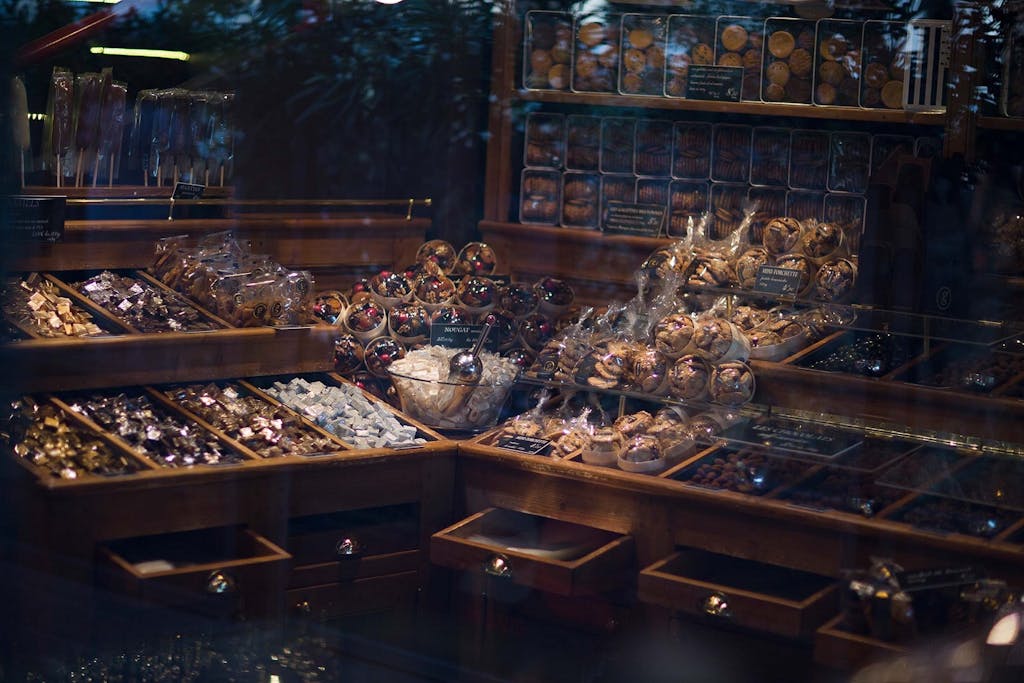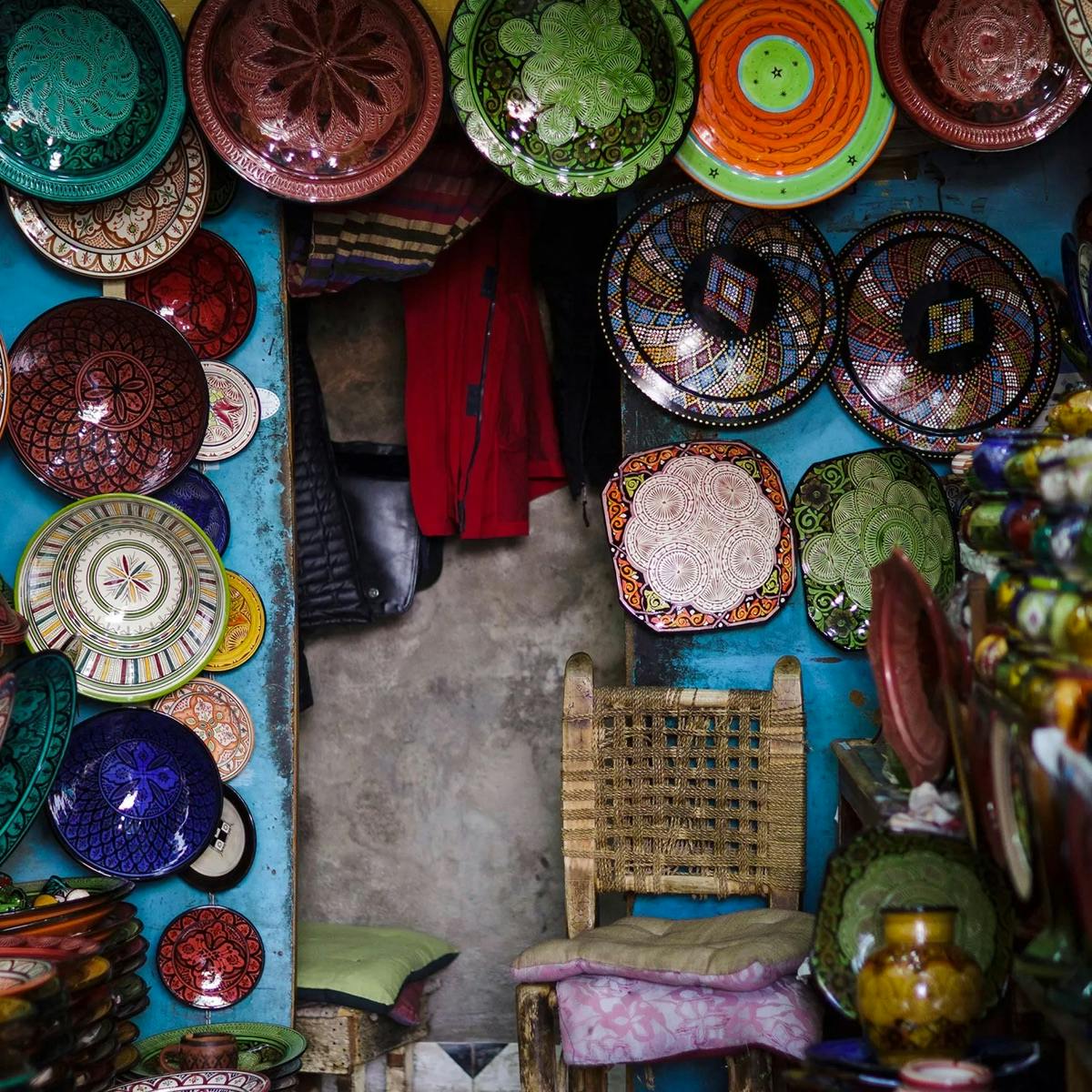4 Tips for Buying Zero-Waste Handmade Crafts and Souvenirs During Your Trip
Henry Adams once said, “Chaos was the law of nature; Order was the dream of man.” That dream certainly seems to be coming true with the increasing popularity of minimalist lifestyles that emphasize the reduction of material possessions. While simple living makes it easier to keep your home organized, it can create a conundrum for the conscientious traveler. Handmade crafts can be one answer for thoughtful souvenir hunters.
Travel memories, as well as your own photos, make some of the best souvenirs because they last practically forever, they’re inexpensive and don’t take up much space. Plus, you can easily share them, either on your social media feed, or when trading travel stories with friends and family.
Many travelers, however, also love having something more tangible to display in their homes to remind them of a life-changing trip. Of course, shopping for souvenirs is one of the great pleasures of travel — it’s as much a part of the journey as is interacting with locals or tasting the regional delicacies. But you won’t have to swear off perusing the local shops if you follow these four guidelines for finding sustainable souvenirs.

1. Invest in art
Visual art, whether it’s a painting, photograph or sculpture, is a consistent reminder of where you’ve traveled because it literally or metaphorically represents where you acquired it.
“Local art” means so much more than a postcard or print of the ancient cathedral in the gift shop when there are real-life, open-air painters selling in the square outside. Don’t dismiss street painters as amateurs merely because they’ve set up easels at an attraction — you never know when you might be watching the next Van Gogh at work. If there’s a popular arts district or craft market in the region, read about it ahead of time, online or in a guidebook, and talk to local artists to identify which stalls might have the most intriguing pieces for your tastes. Handmade crafts can be so unique and remind you of exactly where you were when you acquired it.
Also, don’t overlook antique shopping, as antiques can be considered sustainable items by today’s re-use and renew standards. Just be sure to avoid anything that incorporates rare hardwoods or animal products.

2. Treat yourself to jewelry
Like visual art, jewelry makes an excellent, locally-produced souvenir of your travels. Often, vendors will sell handmade yet inexpensive earrings, necklaces, rings and bangles that are both an investment in the economy of the community and a reminder of your journey.
If you appreciate upscale finery, from carefully wrought precious metals to gemstones, eschew chain shops even if the prices are tempting. High-end jewelry designers who don’t have international reach appreciate the support from travelers, who can find unique, one-of-a-kind items that often reflect a country’s history, culture or design movement. Look for boutiques that carry multiple artisans or workshops owned by the designers themselves.
3. Refine your style
The same guidelines that apply to shopping for visual arts and jewelry also work for clothing. Seek out vintage markets or second-hand shops at your travel destination to find particularly unique items, like designer handbags and apparel.
But you don’t have to invest in high designer fashion. A sari, kimono or other item of clothing that is representative of the country where you’re traveling are some of the most sustainable and supportive items to buy as ethical souvenirs, just as long as you’re planning on wearing them respectfully. Up-and-coming designers also appreciate purchases that showcase their labels far and wide.

4. Stock up on edibles and kitchenware
Artisanal foodstuffs and other edible items are among some of the best sustainable souvenirs because once you eat them, they’re gone. Thus, there’s no danger of clutter on kitchen countertops or in cupboards. Items like local spice mixes, coffee beans, chocolate, nuts and dried chiles take up very little space in suitcases and also make excellent gifts.
Food and dining experiences leave some of the most significant impressions of a trip — a taste of spicy shichimi togarashi can transport you to Japan, while a sprinkling of aromatic ras el hanout could evoke a memorable meal in Morocco. Edible souvenirs will help recreate the travel experience long after you’ve returned home.
Interested in learning more about sustainable travel? Read about other strategies and programs here.




















